
The Organized Crime Strategy Toolkit aims to assist States in the development of comprehensive strategic frameworks to prevent and combat organized crime. As such, it provides guidance on overarching strategic principles while describing some of the more specific approaches, capabilities and instruments that can be adopted to address this problem. Furthermore, it offers recommendations relating to the implementation and monitoring of strategies.
In the words of UNODC Executive Director, Ms. Ghada Waly:
"The Toolkit envisions a response which prioritizes respect for human rights obligations, incorporates gender perspectives and protects victims and those most vulnerable in our societies. Ultimately, it seeks to foster inclusive and coordinated approaches that leave no one behind, in keeping with the central objective of the 2030 Agenda for Sustainable Development."
UNODC Global Programme for the Implementation of the Organized Crime Convention is proud to have worked alongside a large number of partners worldwide in the development of this publication, from national institutions to international and regional organizations, civil society and the private sector. In particular, UNODC thanks the United Kingdom of Great Britain and Northern Ireland for its generous financial contribution and partnership in this project.
You can access and download the Toolkit in multiple languages by clicking the links below:
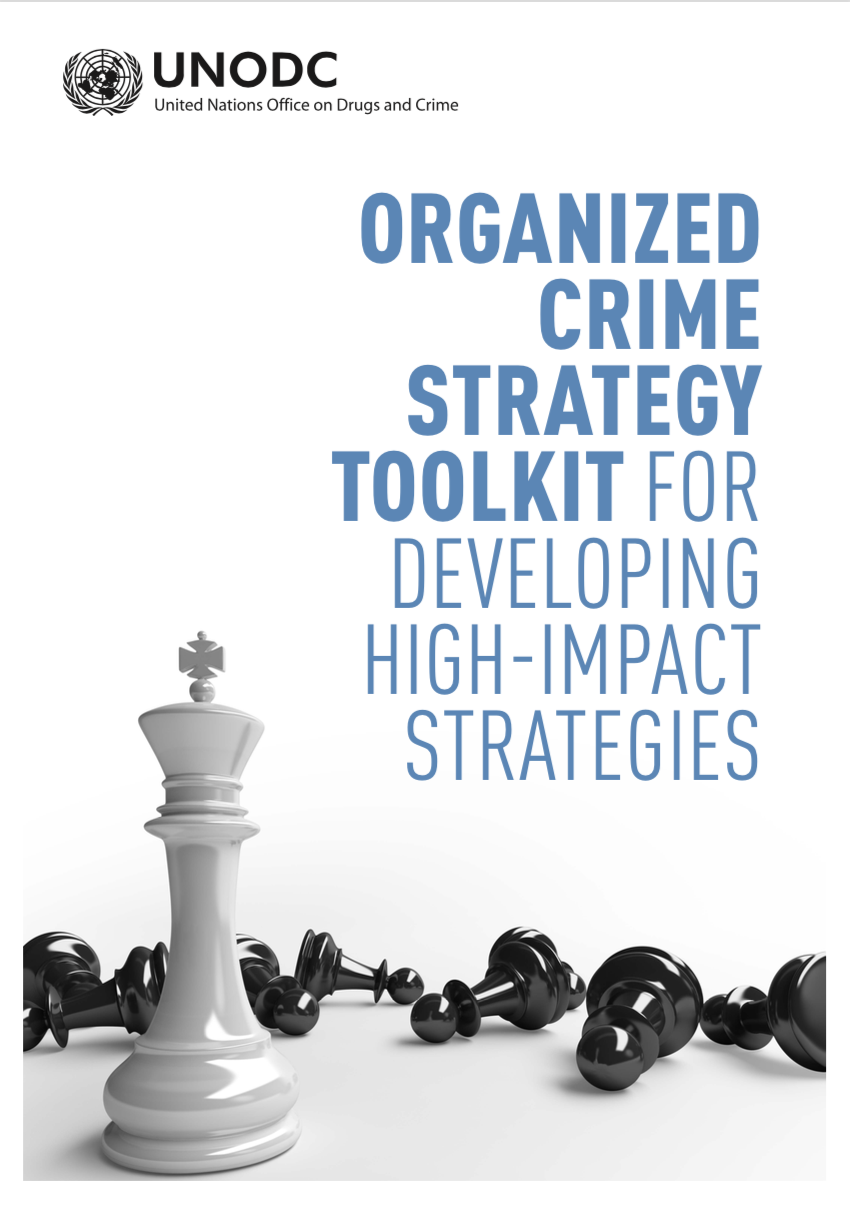
This annex to UNODC Organized Crime Strategy Toolkit focuses on strategy and policy responses and interventions aimed at increasing resilience to organized crime during crises, which range from war, political instability, conflict, climate emergencies and pandemics to financial volatility and deteriorating security situations. It follows a multisectoral logic and is primarily meant as an aid to policy planners, although it might be of interest to a range of different stakeholder communities, such as criminal justice practitioners, conflict responders and nongovernmental organizations.
The annex borrows from and supplements the conceptual framework developed the Organized Crime Strategy Toolkit and is organized around four pillars: preventing the exploitation of crisis by organized criminal groups; pursuing and containing organized crime threats at times of crisis; adopting high-impact protection measures; and promoting collaborative and inclusive responses to address the phenomenon. UNODC wishes to express its gratitude to the Government of Japan for its generosity in providing funding for the development of this annex.
You can access and download the Annex by clicking the link below:
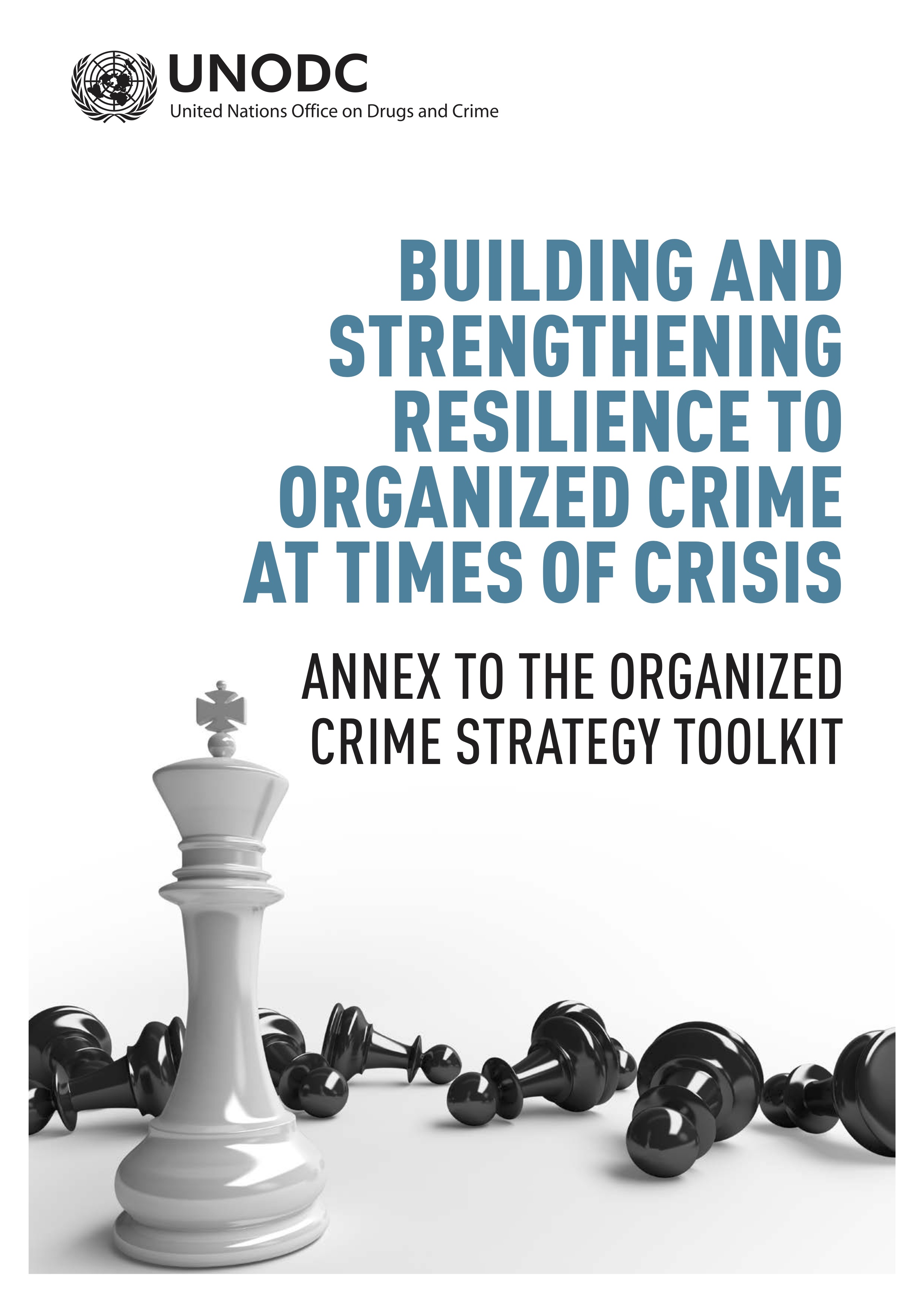
This series of regional policy briefs was produced as an aid for the development of strategies and response frameworks against organized crime in the respective focus regions. As such, it complements and should be read in conjunction with the Organized Crime Strategy Toolkit.
Each regional policy brief provides:
Each brief draws heavily on discussions with regional experts held as part of a series of multi-stakeholder events organized by the United Nations Office on Drugs and Crime (UNODC) between December 2021 and November 2023.
You can access and download the Regional Policy Briefs by clicking the link below:
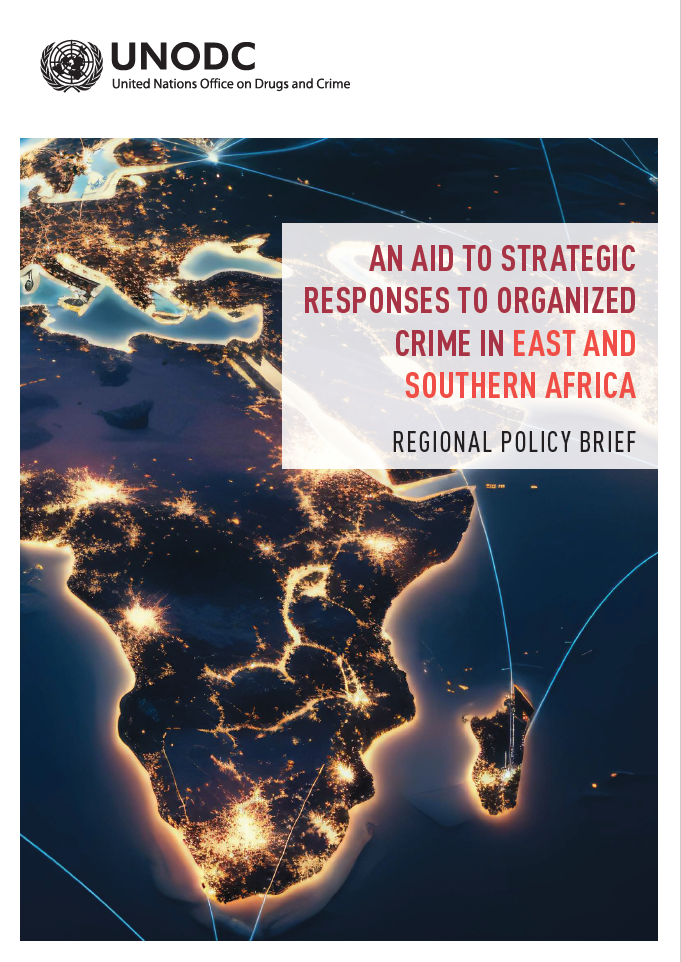
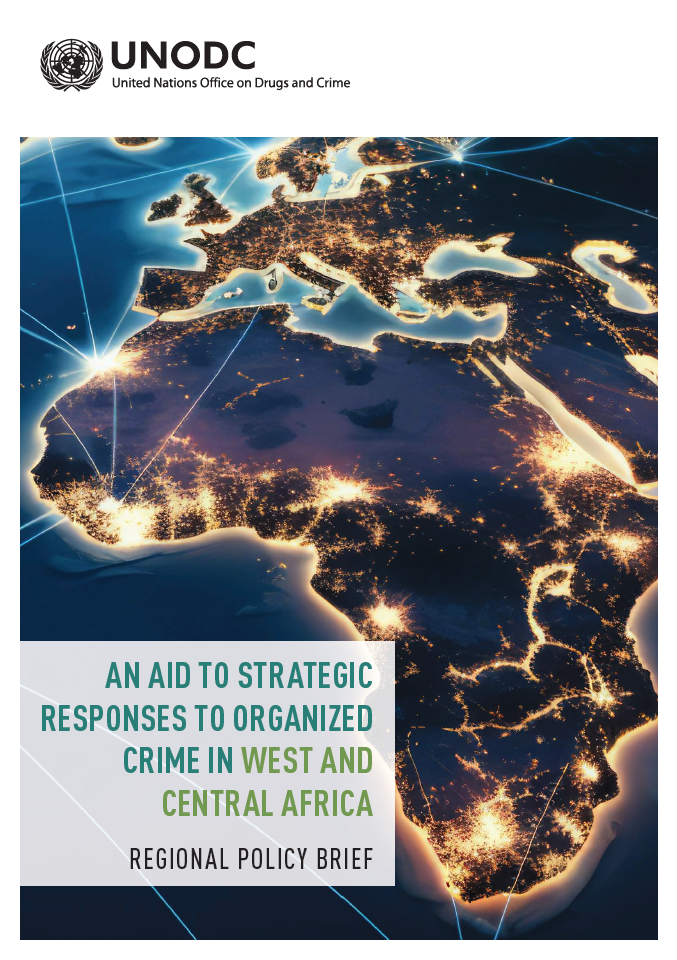
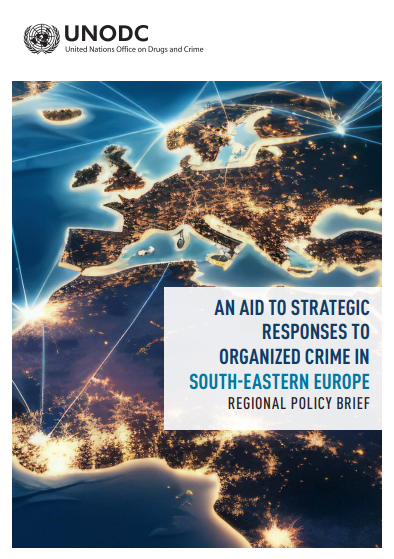
The Toolkit was officially launched in a high-level side event of the 76th Session of the United Nations General Assembly (UNGA76) in September 2021, which featured remarks from Ms. Ghada Waly, UNODC Executive Director, H.E. Mr. Damian Hinds, UK Minister for Security, H.E. Ms. Helena Mateus Kida, Minister of Justice of Mozambique and Ms. Ivana Veselcic, Assistant Minister for Security of Bosnia and Herzegovina.
Watch here the high level remarks delivered for the Toolkit launch at UNGA76